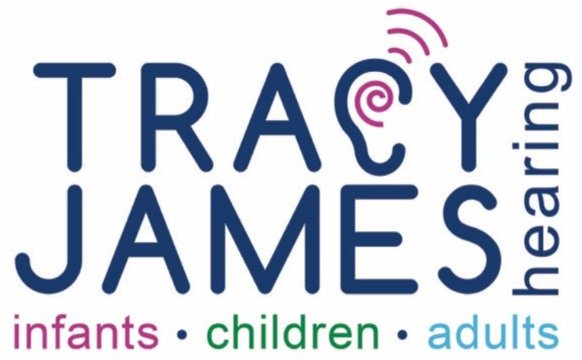About Children’s Hearing
We are an award-winning service in West Berkshire
We offer children’s hearing assessments for children aged *6 months and above.
*Please note that whether we conduct hearing assessments on infants from 6-8 months will depend upon their individual development
We offer wax removals for children over the age of 9 years (4-9 years with a referral letter from GP)
There are many reasons that a parent may feel that it is necessary for their child to have their hearing checked. Below we have listed some signs that indicate that your child or teenager may require a hearing test:
Speech may be delayed in younger children.
Early speech may then stop without warning, or speech ability may regress.
Mishearing and mispronouncing words, for example the beginnings and endings of word; some of the most common include ‘f’ and ‘s’ ‘sh’.
Wanting the volume of the TV or electronic devices higher than everyone else.
Struggling to hear what is said (or behaviour change) if there is background noise.
Struggling to hear people talk on the phone.
Can hear louder sounds and speech clearly, but struggle to hear quieter sounds.
Hearing okay in a one-to-one situation, but struggling to hear what is said (or behaviour change) if they can’t see the person’s face or if they move further away.
Saying ‘pardon’ a lot or talking loudly.
Problems with concentrating.
Evidence of frustration around communication, often leading to behavioural issues.
Difficulties with reading and learning.
Some children may struggle to know what direction sound is coming from.
If you’re concerned about your child's hearing, we advise that you talk to your GP who may request an appointment at the audiology department at your local NHS hospital. However, depending on where you live, you may have to wait for several weeks or months. If you’re keen to check your child’s hearing sooner, or if you want a second opinion after an NHS test, you’re very welcome to make an appointment with TJH.
(Your child’s school may be in area where they still do a school screening test, but for many this is not the case).
What we offer
At TJH we provide families with a personal service. Tracy and Louise are both highly trained paediatric clinical audiologists and they’re very experienced with dealing with infants, children and young adults. We aim to ensure that you and your child feel comfortable and relaxed during the appointment, and that all your questions are answered.
After the appointment we will send you a detailed report that can be shared with relevant professionals, including audiology, speech and language therapy, ENT, and education.
We aim to address your main concerns in the appointment and we’ll take time to answer your questions and clearly explain the results (without confusing you with complicated audiology terms or abbreviations!)
In order to manage hearing loss in children, whether temporary or permanent – you may explore (or have already explored) the option of trying hearing aids for your child. Tracy and Louise can discuss hearing aid options for you and weigh this decision up against other intervention options available. For children who already wear hearing aids, we can explore alternative amplification options and hearing accessories.
We offer different hearing tests for infants and children to those that an adult would normally have, and we follow British Society of Audiology protocols and National Deaf Children Society guidance. Please see Children’s Hearing Tests for more information.
Glue ear
The most common reason for hearing loss in children is glue ear. This presents as a temporary and/or fluctuating hearing loss as a result of fluid build up behind the eardrum(s) after a cold, or an upper respiratory tract infection or due to enlarged adenoids or tonsils. We know that most children will have at least one episode of glue ear in their childhood. For many it will resolve itself reasonably quickly, but for some this may continue for months on end. Glue ear can have an impact on speech and language development and education.



